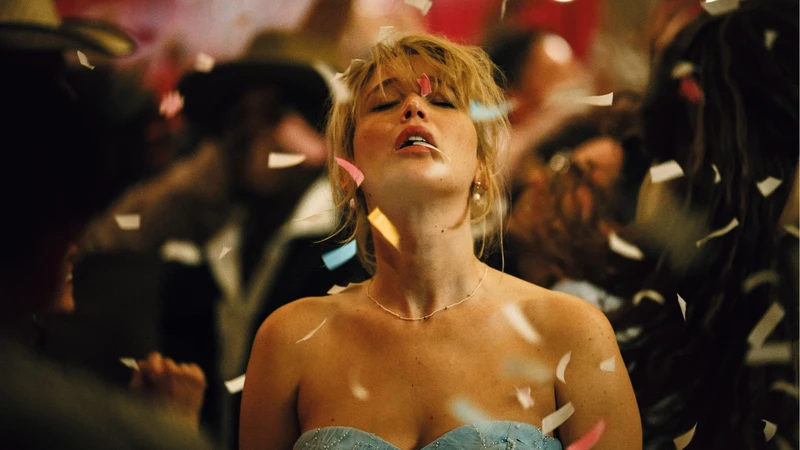"The Electric State:" Netflix’s $300 Million Dollar Mess
- Zachary Zanatta

- Mar 30
- 3 min read
There’s a bitter irony to The Electric State’s plea for humanity. Despite loudly condemning our reliance on mind numbing content, the Russo Brothers’ film somehow manages to follow the big budget adventure formula with nauseating stringency. It’s rare for a major studio film to take risks nowadays, but even by the strict guidelines provided by the Netflix model, The Electric State is shockingly lifeless.

Based on the graphic novel of the same name by Swedish writer, Simon Stålenhag, The Electric State manages to drain its source material dry of all its mystique and haunting beauty. Stålenhag’s original graphic novel is filled with gorgeous artwork depicting a technological wasteland. It is a lonely world, and its story is revealed through small pieces broken up with a deafening silence. The Russos demonstrate from the first boorish seconds of the film’s opening that they possess neither the creativity, nor the deft artistic hand, or perhaps even the interest in capturing any of the graphic novel’s enigmatic dryness.
It is often said that many Netflix originals possess a certain standard of laziness, but here it truly feels like directorial intent. The Russos have made many outrageous statements surrounding cinema and The Electric State feels like the crowning $300-million-dollar middle finger towards cinematic artistry. The Russos' apparent disdain for artistry in Hollywood is on full display as they grind the intriguing idea of The Electric State into an unrecognizable mess of desaturated CGI and poorly placed humor. No single moment throughout its bloated 2-hour runtime is allowed to blossom into anything organic. Emotional beats are interrupted by comedy, which is interrupted by action, which is interrupted by emotional beats and so forth as the film reluctantly drags through a checklist of plot points.
Whatever new language of blockbuster filmmaking the Russos have concocted seems to deeply misunderstand the fundamentals of storytelling as it places all its chips on pure aesthetic. It’s difficult to get invested in anything when each moment has been engineered for a trailer and each character developed for a promotional poster. It simply sells itself to the viewer over and over again. Watching The Electric State feels like viewing an x-ray of a blockbuster, it’s simple to tell where each dollar was spent and it’s even more glaringly obvious where they feel the money will return. The Russo formula fails so spectacularly that the viewer can pick apart the spreadsheet they presumably based their script on.

At once an outdated husk of an action film and a grim warning signal for the state of big budget films to come, The Electric State is a frustrating paradox. It’s been diluted through so many test screenings, box office analysis, and streaming statistics that it’s barely a movie. The Electric State can aptly be called a finished product. Not a work of art, not a challenging exercise of creativity, but a finished product. One made to serve a purpose and be forgotten about, never to be thought of again.
Its gargantuan budget serves as undeniable proof that money can only take a film so far, a film needs compelling writing, interesting characters, and a message that audiences can emotionally connect to, The Electric State has none of these. If this is the type of cinema the Russos think will come to define Hollywood, we can only hope they are as poor at predicting the future as they are at directing.



